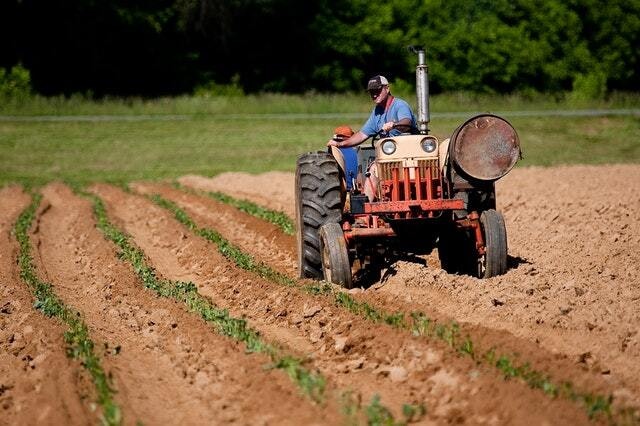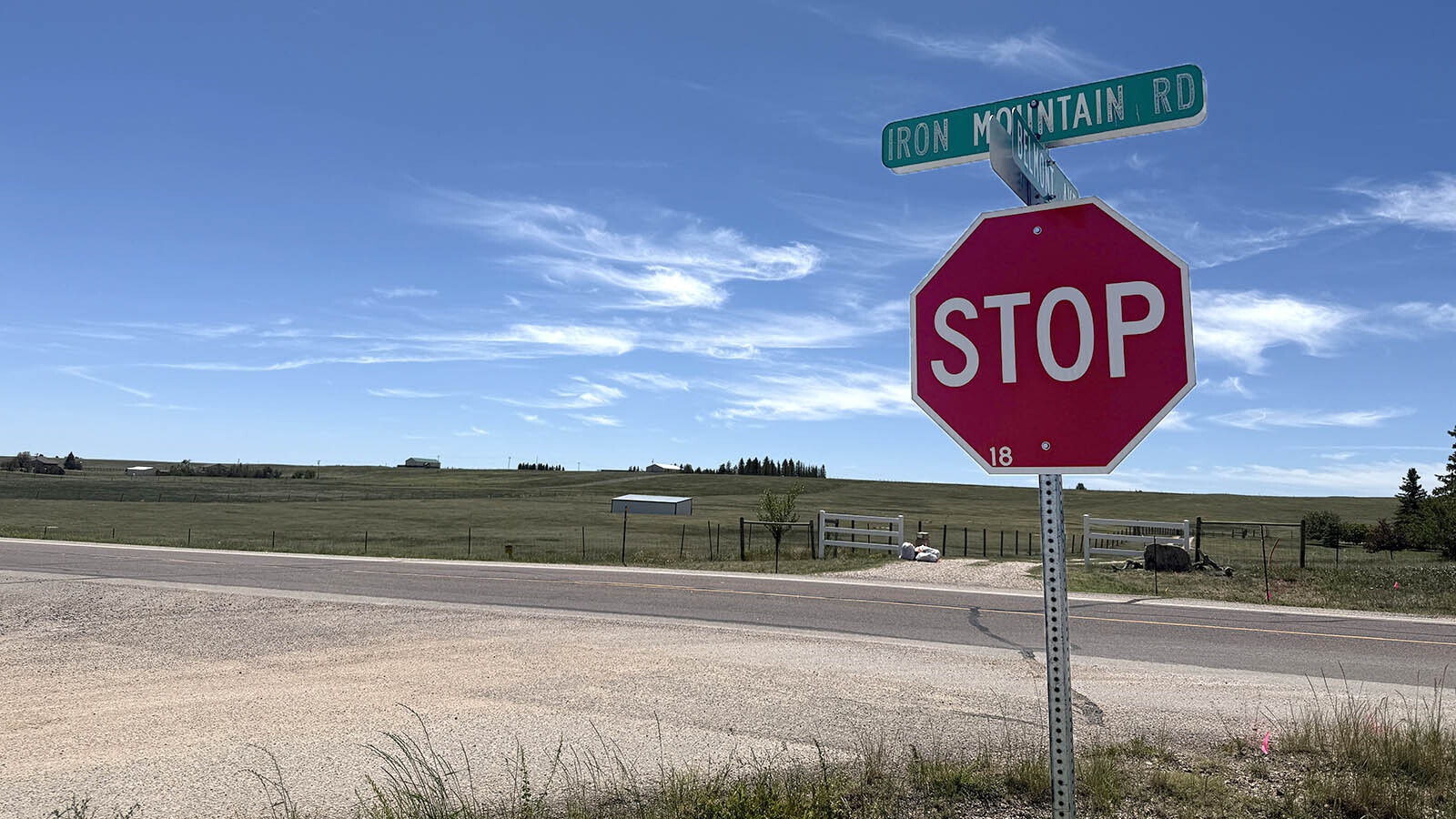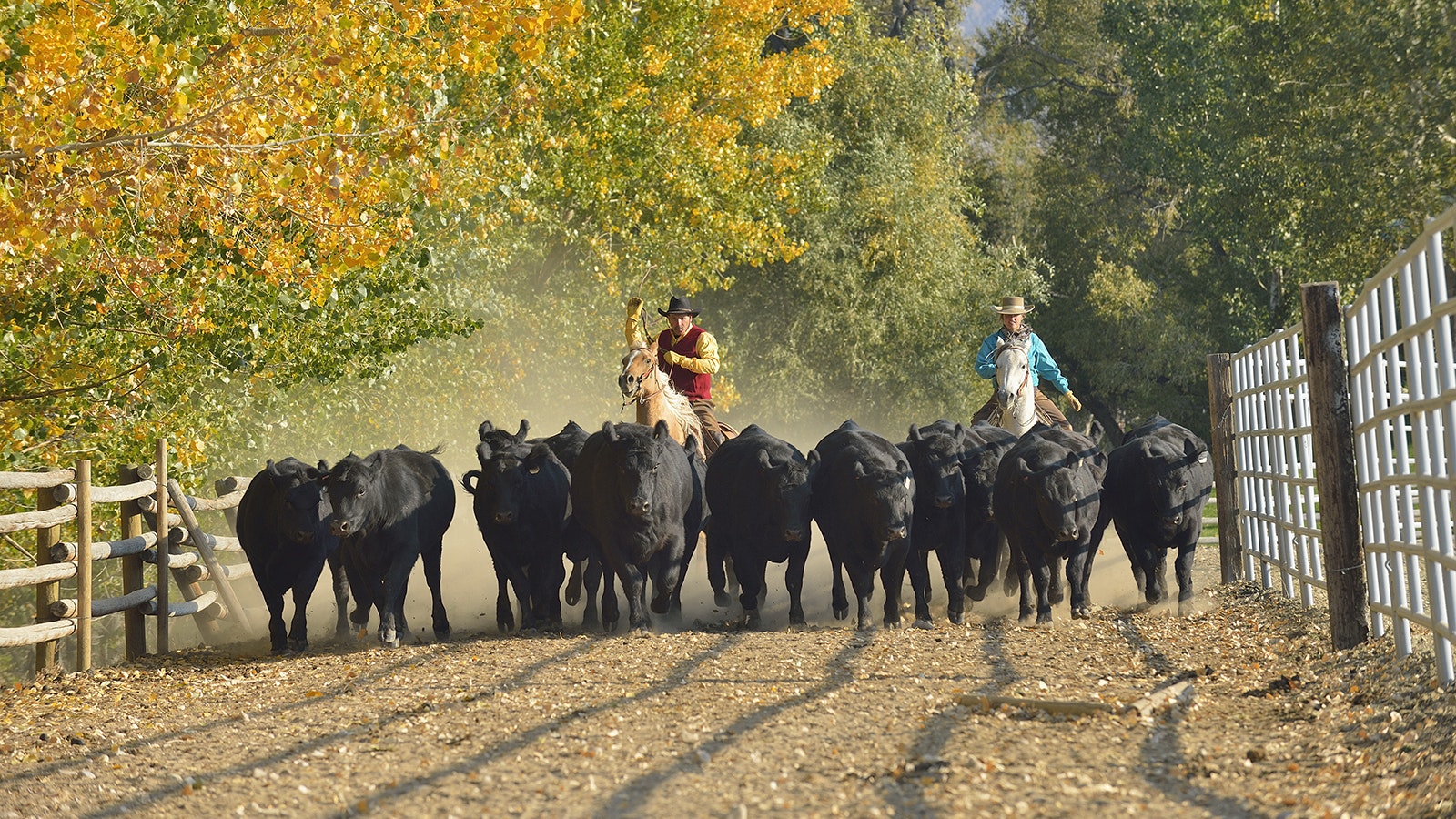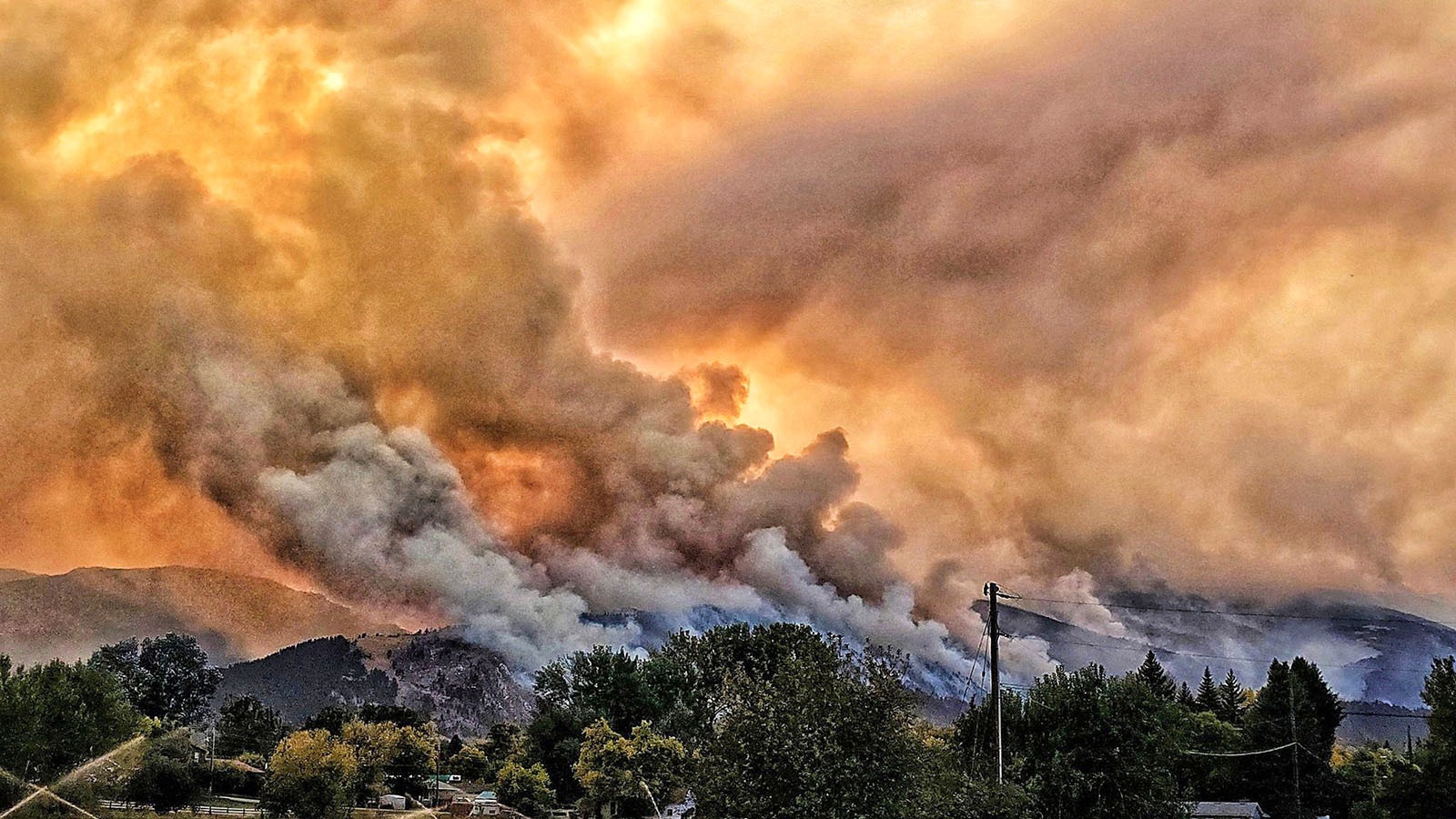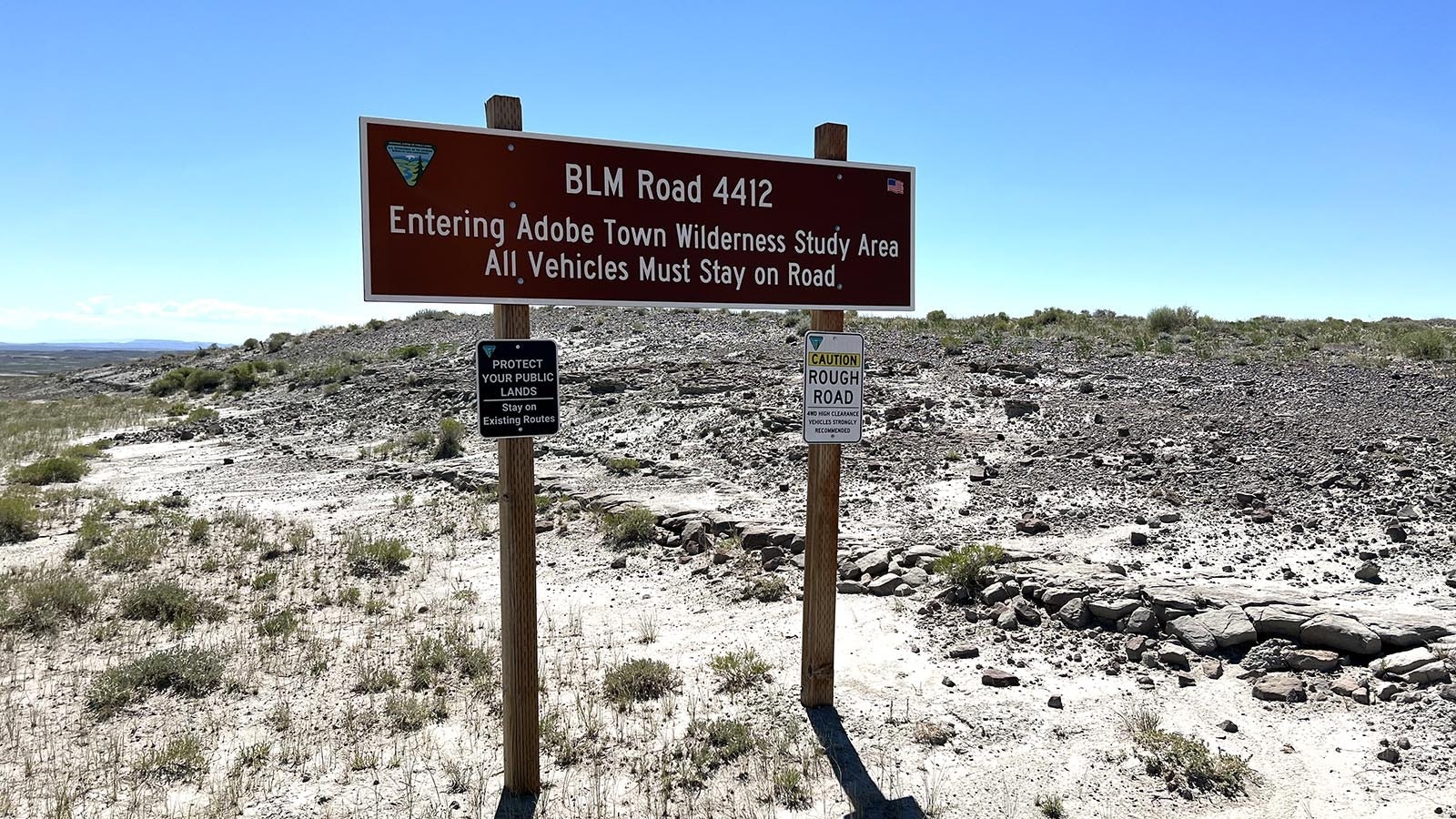Young people are losing interest in the agriculture industry, but the United States Department of Agriculture is hoping low-interest loans could attract a different demographic — veterans. The USDA’s loan program has been around in one form or another since the 1930s, said Rob Weppner, a USDA Farm Service Agency farm loan manager based in northeastern Wyoming.
“There’s always been a bit of preference toward veterans,” Weppner explained.
The department, however, is ramping up efforts to attract veterans, spending about $64.5 million in direct and guaranteed farm operating loans for veterans in 2018, a USDA news release stated.
Grant Stumbaugh, a USDA spokesperson for the Wyoming branch of the Farm Service Agency, said incentivizing veterans was about more than simply slowing labor force leakage.
“Veterans have served our country and risked their lives,” Stumbaugh said. “The least we can do is give them every possibility to do what they want to do.”
The USDA offers veterans more than 40 loan, grant and technical assistance programs to support the purchase and development of land and facilities, purchase equipment and supplies, refinance job expansion and finance energy efficiency improvements.
“Nearly one-quarter of veterans, approximately 5 million, live in rural areas,” Bill Ashton, USDA Military Veteran Agricultural Liaison, said in a news release. “(The) USDA is committed to making our programs accessible to help veterans start or grow a career and maximize the potential talent of this population.”
Low-interest loans
Starting out in the agriculture industry can be challenging and risky, Stumbaugh said.
“A lot of younger folks don’t really want to go out there and work that hard,” he explained. “And to be honest, sometimes the return isn’t that good — you’re not making a whole lot of money, plus there’s the risk of running into natural catastrophes.”
Add that to the rising cost of real estate and the future of ag workers in America starts to look gloomy, he added.
“(USDA loans and grants) give vets a leg up in the industry,” Stumbaugh said. “Plus they can use that money for operating expenses to give them some help to get started.”
Weppner said the loan programs provide people with a low-interest option for funding family-sized farm operations.
“The interest is based on the loan type,” he explained. “But, the (Farm Service Agency) rates tend to be lower than the commercial rates.”
While Weppner said he’s worked with veterans in the past, neither he nor Stumbaugh were aware of any Wyoming veterans currently enrolled in USDA loan programs.
Despite reports of downward labor force trends, the Wyoming Department of Workforce Services reported the industry has experienced a recent uptick in its agricultural workers category.
In 2008, Workforce Services recorded 2,558 people in the sector. In 2013, 2,798 people were employed in ag industries. And by 2018, the workforce grew to 3,016, said Aubrey Kofoed, a Workforce Services administrative assistant.
The growth, however, does not necessarily reflect the number of people taking jobs on ranches and farms in the state, because the department’s agriculture category also includes forestry, fishing and hunting jobs, Kofoed added.
Neither the USDA Farm Service Agency or Rural Development office had data immediately available on the number of ranchers and farmers in Wyoming.
Working the land
Programs like USDA loans are a key component to helping veterans reintegrate into the civilian workforce, a Department of Veterans Affairs spokesperson said.
“The VA focuses on attempting to get veterans jobs and the federal government is one of the largest employers in America,” said Sam House, the Cheyenne VA public affairs officer. “It’s great we have agencies that are willing to partner with us to achieve those goals.”
Every veteran’s experience differs, but for some, returning to the bright lights and constant noise of city life isn’t as attractive as an opportunity to become part of a rural community.
“There’s no greater feeling than being out on the farm and seeing land that needs to be worked and knowing you can do it yourself,” House said. “But it’s a dying industry, and I think veterans could help turn that around.”
For more information about USDA loans, contact your local USDA Field Service Agency and ask to speak to a loan officer. Visit www.fsa.usda.gov for a list of offices in Wyoming.

